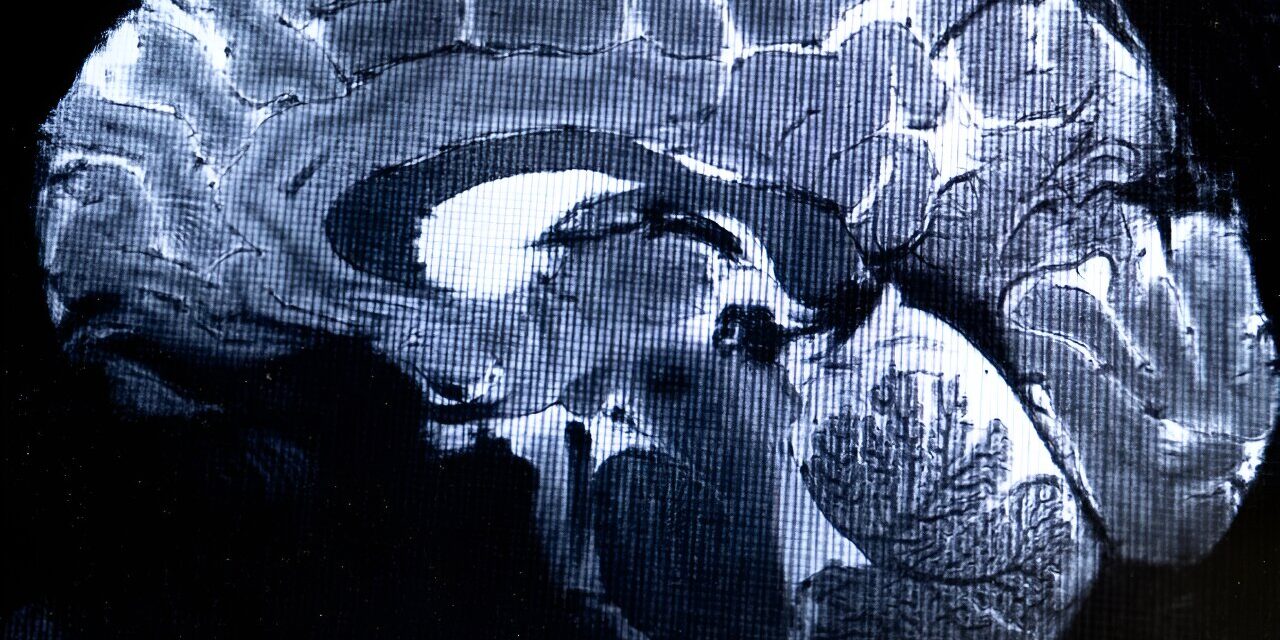GLASGOW, Scotland – A groundbreaking study conducted by the University of Glasgow has revealed a startling prevalence of significant head injuries among male prisoners in Scotland, with 86% of the study’s participants reporting a history of such trauma. The research, published in Frontiers in Psychiatry, underscores the profound impact of these injuries on the lives of incarcerated men, highlighting a critical link between head trauma and criminal behavior.
The study, involving 286 male prisoners representative of Scotland’s approximately 8,000 adult male prison population, found that a significant portion, 35% of those with head injuries, had experienced repeated head trauma over extended periods. Violence was identified as the most common cause, though multiple sources of injury were reported.
The consequences of these head injuries were far-reaching, with 35% of those affected experiencing disability. Furthermore, the study revealed strong associations between head injuries and problematic drug and alcohol use, as well as clinical anxiety and depression. Disability resulting from head trauma also correlated with difficulties in social relationships and impaired self-control, factors known to contribute to criminal behavior.
Alarmingly, prisoners with a history of significant head injury were more likely to have a higher number of arrests, charges, and convictions, and at younger ages. They also exhibited a greater risk of involvement in violent crime and property offenses compared to prisoners without such injuries.
Professor Tom McMillan, the study’s lead author, emphasized the significance of the findings, stating, “Our study reveals important new information on both the prevalence and the impacts of significant head injury in male offenders in Scotland, which builds on our previous findings about young male offenders and women offenders.”
He further noted, “Overall, our study shows that a history of repeated serious head injury is very common in adult males in prison, and is associated with a greater risk of crime, including violence. There is persisting disability associated with serious head injury in male prisoners that often affects social relationships and is linked with multiple health problems in this group.”
The research is part of a larger program aimed at addressing head injuries within the criminal justice system, including the development of educational tools for prisoners and e-learning modules for staff, in collaboration with NHS-Education Scotland. The study underscores the need for a holistic approach to supporting prisoners with head injuries, recognizing the complex interplay of health issues they face.
The full study, titled “Associations between significant head injury and cognitive function, disability, and crime in adult men in prison in Scotland UK: a cross-sectional study,” can be found in Frontiers in Psychiatry.
DOI: 10.3389/fpsyt.2025.1544211
Disclaimer: It is important to note that this study demonstrates an association between head injuries and criminal behavior, but it does not establish a causal relationship. Other factors, such as socioeconomic background, access to education, and mental health conditions, may also play significant roles. The information presented here should not be interpreted as implying that head injuries directly cause criminal behavior.












